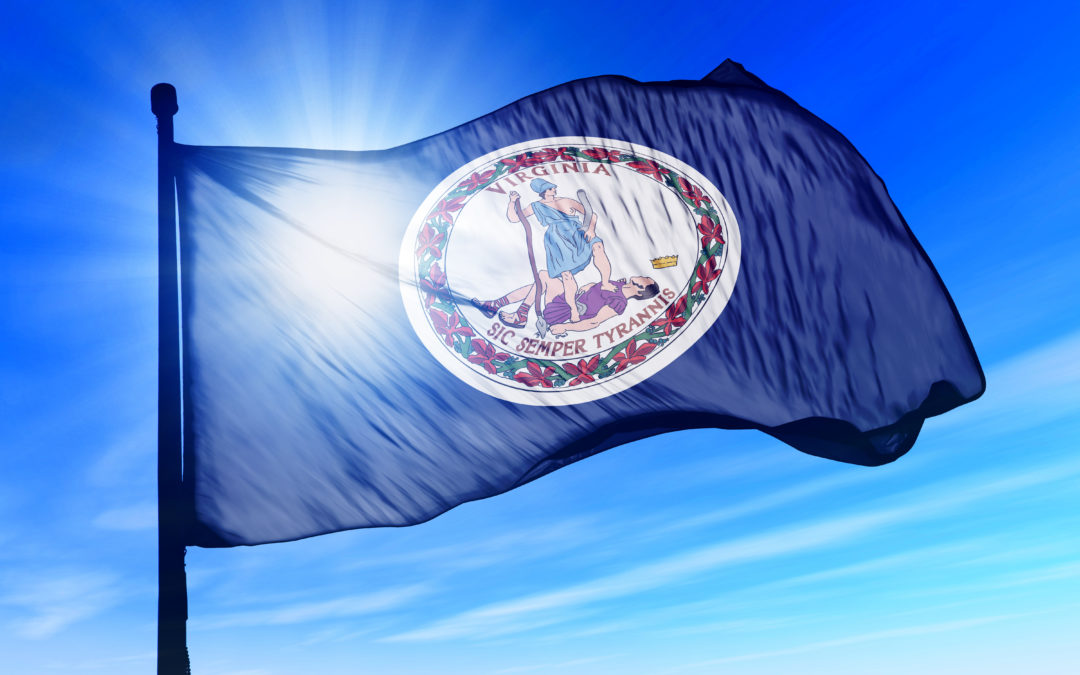Pandemic-related relief throughout this past year created a good deal of complexity in relation to taxation. Thanks to legislation recently passed by the Virginia General Assembly and signed by Governor Northam on Monday, March 15, Virginia has advanced its conformity to the U.S. Internal Revenue Code through December 31, 2020. The following provides an overview of updated areas of conformity and areas where Virginia does not conform to federal tax rules.
Areas in which Virginia does not conform to federal tax rules.
While the Continuing Appropriations Act (CAA) in December 2020 provided for full deduction of expenses paid with forgiven PPP loan proceeds at the federal level, the Virginia conformity bill limits the deduction of those expenses to $100,000 per taxpayer. For passthrough entities, this limitation applies at the entity level, and no further limitation is imposed at the individual level for expenses incurred within passthrough entities.
The Virginia bill further eliminates the deduction of expenses paid with EIDL advances that did not have to be repaid, while those deductions are fully allowed at the federal level. Expenses paid with proceeds from loans through the EIDL program that do have to be repaid will be fully deductible.
For taxpayers who received Rebuild Virginia grants, those proceeds are fully taxable at the federal level. The Virginia bill provides for a subtraction of up to $100,000 of these grants per taxpayer.
Other federal provisions to which Virginia does not conform include the following:
- Federal law allows medical expenses in excess of 7.5% of a taxpayer’s income as an itemized deduction. For Virginia, only expenses in excess of 10% of income are deductible.
- The Coronavirus Aid, Relief, and Economic Security (CARES) Act allows taxpayers who incur a net operating loss (NOL) in 2018 through 2020 to carry that loss back five years. Virginia allows no NOL carryback.
- The CARES Act suspended the limitation on excess business losses for noncorporate taxpayers for 2018 through 2020. That limitation still applies for Virginia.
- The CARES Act increased the amount of interest expense that a business can deduct. Virginia retains the lower expense limit that applied before the CARES Act.
- Virginia continues not to conform with bonus depreciation provisions and the suspension of the federal overall limitation on itemized deductions, among other items.
Areas in which Virginia will conform to federal tax rules.
Virginia will conform to the following U.S. Internal Revenue Code provisions:
- COVID-19-related retirement distributions.
- Above-the-line charitable contributions deduction.
- Increased deduction limitation for certain charitable contributions.
- Exclusion of educational payments.
- Temporary deduction for 100% of business meals.
- Extension of exclusion for certain employer payments of student loans.
- Depreciation of certain residential rental property over a 30-year period.
- Temporary enhancement of the Earned Income Tax Credit (EITC).
- Repeal of the deduction for qualified tuition.
See Virginia Tax Bulletin 21-4 for additional information on Virginia tax conformity.
The delay in Virginia’s decision on tax conformity led to considerable uncertainty for Virginia taxpayers, but the legislation this week provides much needed clarity. If you have questions about how Virginia’s conformity, or 2020 tax changes in general, affect you, please contact a Hantzmon Wiebel tax professional.
Contact Us
Disclaimer of Liability
Our firm provides the information in this article for general guidance only, and does not constitute the provision of legal advice, tax advice, accounting services, investment advice or professional consulting of any kind. The information provided herein should not be used as a substitute for consultation with professional tax, accounting, legal or other competent advisors. Before making any decision or taking any action, you should consult a professional advisor who has been provided with all pertinent facts relevant to your particular situation. Tax articles in this blog are not intended to be used, and cannot be used by any taxpayer, for the purpose of avoiding accuracy-related penalties that may be imposed on the taxpayer. The information is provided “as is,” with no assurance or guarantee of completeness, accuracy or timeliness of the information, and without warranty of any kind, express or implied, including but not limited to warranties of performance, merchantability and fitness for a particular purpose.
Blog
Nonprofit Insights

